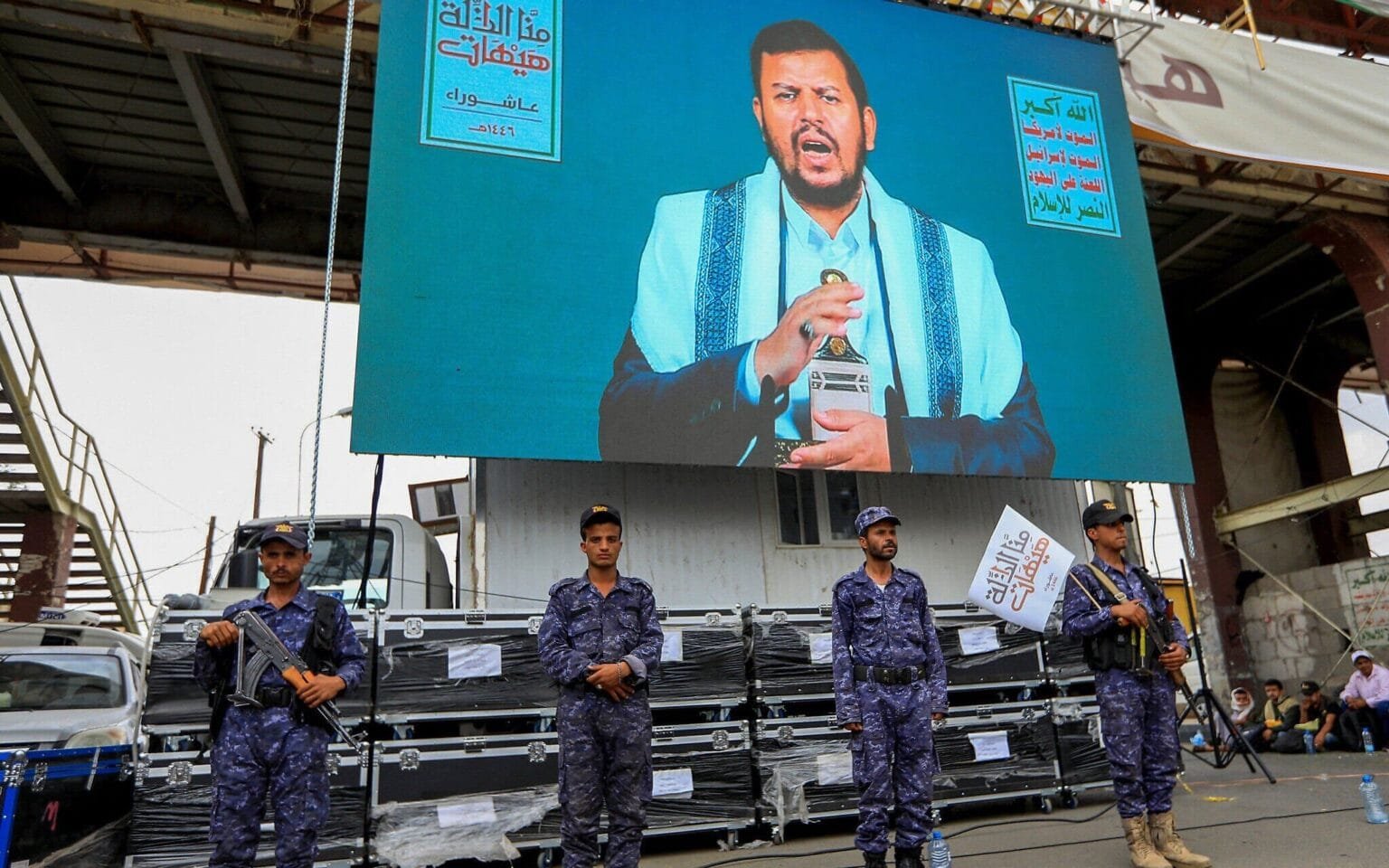Following the confirmed death of Houthi Prime Minister Ahmed Ghaleb Nasser al-Rahawi in an Israeli airstrike on August 28, group leader Abdul-Malik al-Houthi declared that their campaign would escalate in both intensity and scope. In a speech broadcast on Al-Masirah TV, al-Houthi vowed to continue “targeting Israel with missiles and drones” and mobilize additional attacks despite the recent blow to their leadership. He framed the Israeli offensive as proof of their resilience, declaring that “recent Israeli strikes … would not weaken the group or discourage its fighters.”
The airstrike in Sanaa marked a watershed moment. It struck a gathering of senior ministers including the prime minister assembled to listen to al-Houthi’s speech. Israel characterized the operation as a sophisticated, intelligence-driven strike, stating it targeted “a Houthi terrorist regime military target.” In the aftermath, Houthi chairman Mahdi al-Mashat asserted their counter-offensive would continue until the siege is lifted, promising that the “blood of the great martyrs will be fuel … to continue on the same path.”
Unity and reprisals are taking immediate shape on the ground. In Sanaa, Houthi forces have initiated raids on the offices of the UN’s World Food Programme and UNICEF, detaining staff in what analysts see as part of a broader crackdown following the blow to their government’s upper echelon. Israeli leaders are equally preparing, reinforcing air defenses in anticipation of a Houthi counter-strike of drones or missiles targeting Israeli territory or strategic assets.





